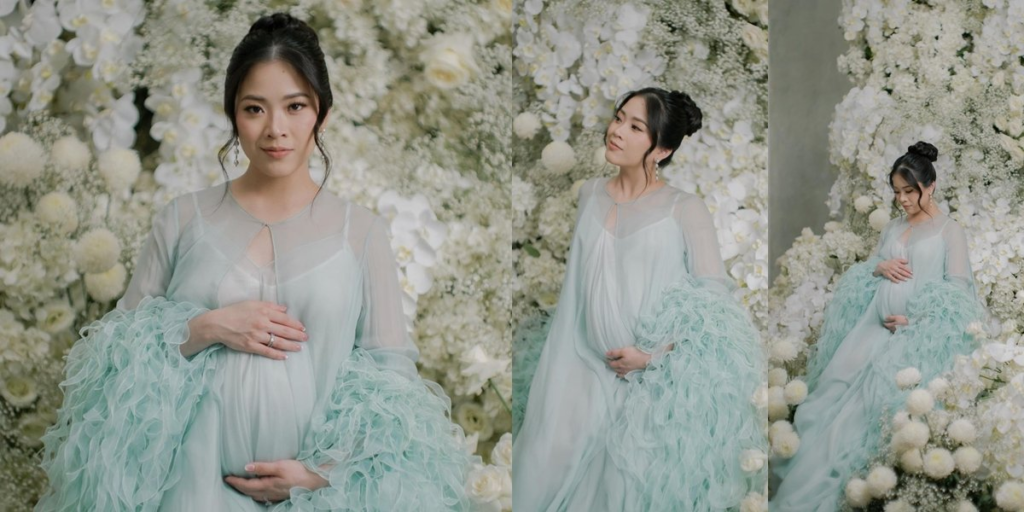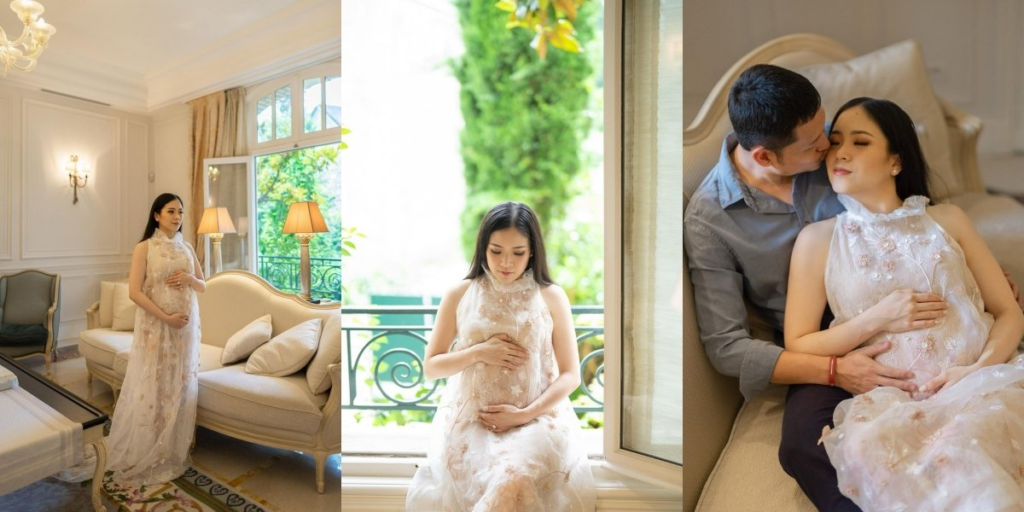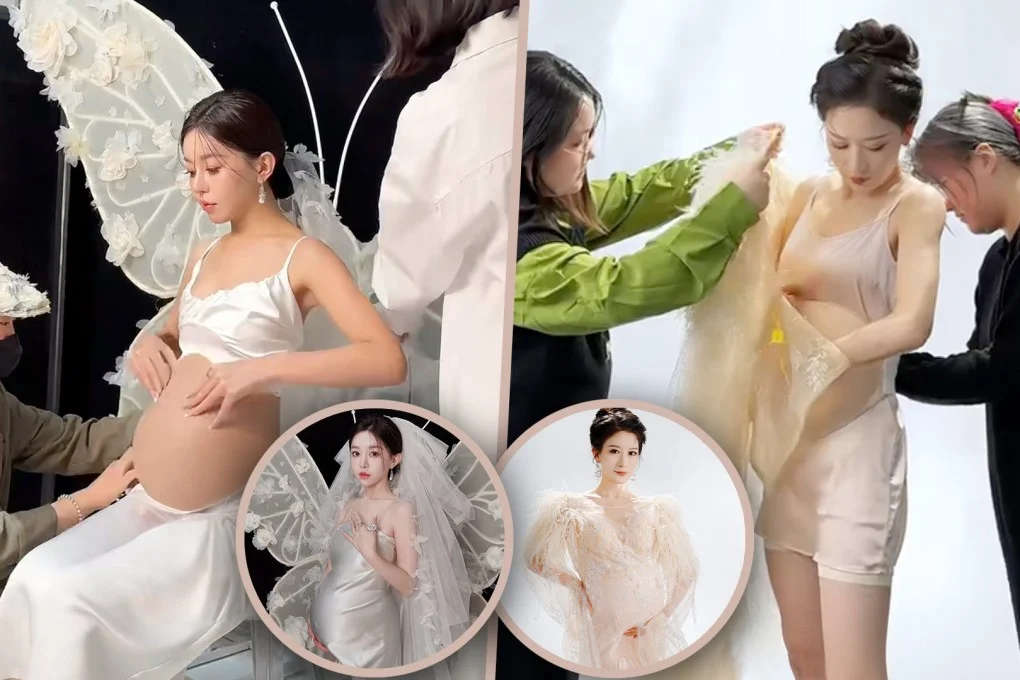In recent years, an unusual and eye-catching trend has emerged across China: young, single women participating in maternity photoshoots while wearing fake baby bumps. Dubbed “premade maternity photos,” this phenomenon has sparked conversations about beauty standards, societal values, and the evolving role of women in contemporary Chinese society.
Despite facing criticism for promoting unrealistic expectations and potentially trivializing motherhood, this trend reflects deeper societal and cultural shifts in a nation grappling with declining birth rates, changing family structures, and modern ideals of self-expression.
The Rise of the ‘Premade Maternity Photos’ Trend
The trend gained national attention after being popularized by Meizi Gege, a Generation Z influencer from Hunan province with more than 5.7 million followers on social media. Her video showcased herself and her best friend donning fake baby bellies for a maternity photoshoot.
Meizi’s reasoning behind the act was simple: she wanted to preserve her youthful, slim physique in cherished photographs before the natural changes of pregnancy might alter her appearance.
Many women participating in this trend share similar motivations. They see these photos as a way to capture a significant milestone in life preemptively, while they are still in what they consider their physical prime.
Read : China May Invest $1 Billion to Set Up Pakistan’s First Medical City in Karachi
A 26-year-old woman revealed she had taken her maternity photos at the age of 23 to ensure she had beautiful keepsakes for the future. Another woman mentioned taking wedding photos at 22 “just in case I get wrinkles by 30.”
Read : Why It’s Rare To See Chinese Pregnant Lady ???
The rise of such practices reflects a society increasingly focused on self-image, individualism, and the desire to preserve beauty. Social media platforms amplify these desires, creating a culture of curated perfection that prizes being “white, skinny, and young.”
Societal Pressures and Changing Values
The trend has shocked many Chinese parents, especially those from older generations. For decades, traditional Chinese culture stigmatized single motherhood and emphasized marriage and family as pillars of a woman’s life. Seeing young, single women pretending to be pregnant for photos defies these conventions and has left many puzzled.

However, the trend emerges at a time when China faces a dramatic decline in marriage and birth rates. The Ministry of Civil Affairs reported only 4.75 million couples registering marriages in the first nine months of 2024—a stark contrast to previous decades. The dwindling birth rate further highlights the profound demographic shifts underway in the country.
For many women, these photoshoots symbolize empowerment and a rejection of societal expectations. They offer an opportunity for self-expression and self-celebration without being bound to the traditional life milestones of marriage and motherhood.
Yet, critics argue that this trend reinforces problematic beauty standards. It perpetuates the notion that women should strive to maintain their youthful appearances at all costs, even when embracing a natural process like pregnancy.
The Broader Implications of ‘Premade Maternity Photos’
The fake baby bump craze is not merely a quirky social media trend; it is indicative of a larger cultural narrative. China is experiencing a profound transformation in gender roles, family structures, and societal values.
As younger generations challenge the traditional path of marriage and motherhood, they also face immense pressure to conform to societal expectations of beauty and success.
Critics of the trend argue that it exacerbates body image anxieties among women. By idealizing pregnancy as a time when women should remain slim and youthful, it creates unrealistic expectations that may affect how women perceive their bodies during and after pregnancy.

Some new mothers have expressed concerns that these staged photoshoots could lead to increased scrutiny of their postpartum appearances, further perpetuating the harmful cycle of body shaming.
The satirical comments on social media highlight the absurdity of the trend while also exposing deeper frustrations. Statements like “I will shoot my 70th birthday photos now and post them later” or “I will arrange my funeral pictures before I die” reflect the growing discontent with a culture obsessed with appearances and pretense.
Ultimately, the trend underscores the challenges women face in navigating societal expectations while pursuing personal aspirations. It reflects a generation caught between preserving traditional values and embracing modernity, self-expression, and individuality.
The rise of “premade maternity photos” among single Chinese women is a fascinating phenomenon that sheds light on the complexities of modern Chinese society. While the trend celebrates individuality and self-expression, it also raises important questions about the impact of beauty standards and social media culture.
As China continues to grapple with demographic challenges and shifting societal norms, this trend serves as both a reflection and a catalyst for ongoing conversations about identity, gender roles, and the evolving definition of womanhood in the 21st century.

